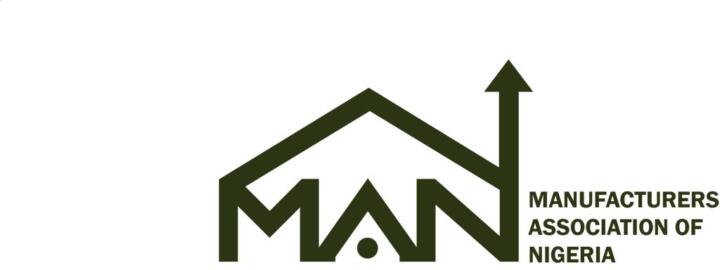The Manufacturers Association of Nigeria (MAN) has lauded the Federal Government’s decision to suspend the controversial 4% Free on Board (FOB) levy earlier imposed by the Nigeria Customs Service, describing the move as a welcome relief for industries battling with rising production costs. The suspension, announced earlier this week, has been praised by stakeholders across the manufacturing and trade sectors who argued that the levy would have worsened the already fragile business climate in the country.
The 4% FOB levy, introduced by the Nigeria Customs Service as part of its import duty reform, had been met with sharp criticism since its announcement. Manufacturers, importers, and exporters argued that it amounted to an additional tax burden that would have triggered a ripple effect on the cost of raw materials, consumer goods, and industrial inputs. Many warned that if implemented, the levy could heighten inflation, reduce competitiveness, and lead to job losses in key sectors of the economy.

In a statement reacting to the suspension, MAN President, Otunba Francis Meshioye, commended the Federal Government for listening to the concerns of the private sector. He explained that the levy had threatened to cripple many small and medium-scale industries that were already grappling with multiple taxes, high energy costs, exchange rate volatility, and expensive credit. According to him, the suspension demonstrates a renewed commitment by the government to support the productive sector as the nation works toward economic recovery.
Meshioye further highlighted that suspending the levy would allow manufacturers to channel resources into expanding production capacity, creating jobs, and stabilizing supply chains. He urged the government to sustain its engagements with the private sector before introducing new fiscal policies, noting that consultation and stakeholder input are crucial for crafting policies that balance revenue generation with economic growth.
Several other stakeholders in the trade sector also welcomed the decision. The Lagos Chamber of Commerce and Industry (LCCI) described it as a positive step toward creating an enabling environment for businesses. The chamber noted that the suspension would help ease import bottlenecks, encourage investment inflows, and improve Nigeria’s ranking in global trade competitiveness indices.
Industry experts believe the suspension also reflects the government’s recognition of the challenges facing Nigeria’s economy, especially the manufacturing sector, which has been a critical driver of job creation. With inflation still hovering above 20% and consumer purchasing power under pressure, additional taxes on imports and exports would have exacerbated the situation.
The Customs Service had earlier defended the 4% FOB levy as part of measures to boost government revenue and align Nigeria’s import regime with international standards. However, widespread opposition from businesses, manufacturers, and even some lawmakers eventually compelled the government to review the policy. The Finance Ministry confirmed that the suspension was necessary to prevent further disruptions in the economy, while pledging to explore alternative revenue measures that would not stifle growth.
For manufacturers, the suspension comes at a crucial time when many are struggling with the combined effects of high energy tariffs, foreign exchange shortages, and rising logistics costs. Analysts say the government’s responsiveness to stakeholder concerns could help rebuild confidence between the public and private sectors, particularly at a time when Nigeria is seeking to attract foreign direct investment and expand local production capacity.
The suspension is also expected to have a positive effect on Nigeria’s trade balance by reducing the cost of imported raw materials and machinery used by industries. This could, in turn, boost domestic production and exports, helping to generate foreign exchange and diversify the economy away from overreliance on crude oil earnings.
However, some experts have cautioned that the suspension should not be viewed as a permanent solution. They advised the government to develop a clear framework for tax reforms that would not only simplify Nigeria’s complex tax structure but also ensure fairness, transparency, and efficiency in revenue collection. A stable tax environment, they argue, is vital for encouraging investment and supporting long-term economic growth.
For now, the manufacturing sector is breathing a sigh of relief. The decision to suspend the 4% FOB levy is widely seen as an indication that the government is willing to prioritize the survival of local industries over short-term revenue goals. As Otunba Meshioye emphasized, “Manufacturers are ready to play their role in driving Nigeria’s industrialization and economic development, but we need policies that encourage, not discourage, production.”
With this development, attention now turns to how the Federal Government and Customs will re-strategize on sustainable revenue measures without undermining the competitiveness of Nigerian businesses. For many stakeholders, the suspension is not just about halting a levy—it is about setting a precedent that economic policies must be aligned with the realities of businesses and the welfare of ordinary Nigerians.
Support InfoStride News' Credible Journalism: Only credible journalism can guarantee a fair, accountable and transparent society, including democracy and government. It involves a lot of efforts and money. We need your support. Click here to Donate
